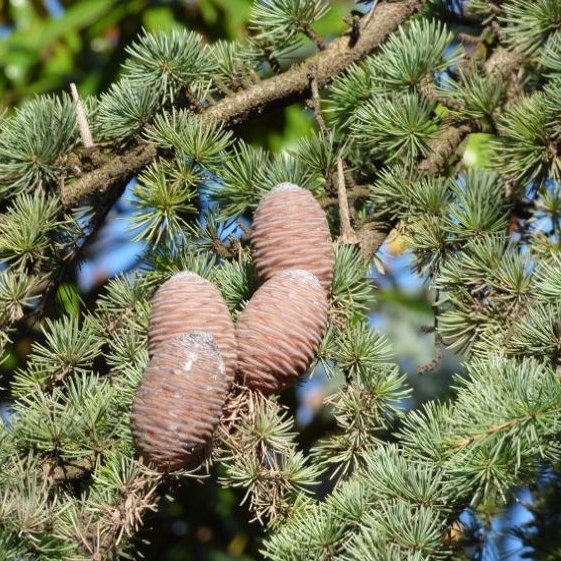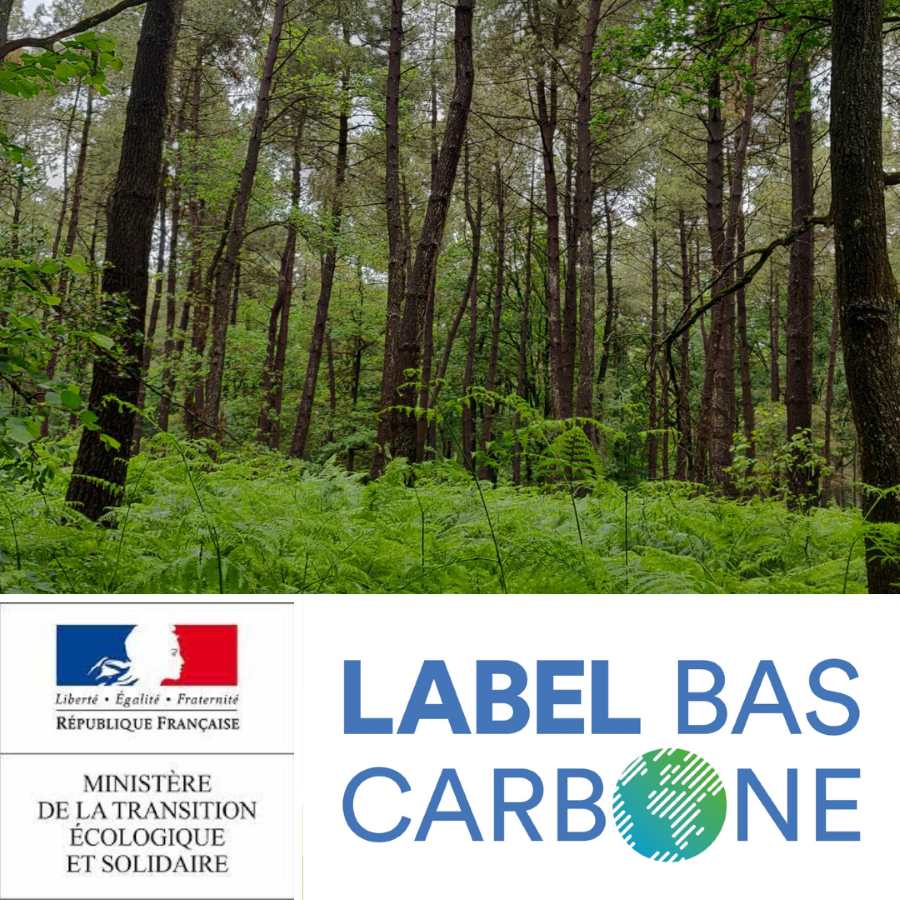Reforestation Saint-Mars d'Outillé Sarthe

Editions Auzou, with Up2Ggreen Reforestation
Les Editions Auzou, together with Up2Green Roforestation, have contributed to the planting of 4,551 trees ont the Saint-Mars d'Outillé project.
This planting will absorb 705 tonnes of CO2 once the audit has been completed.

GreenYellow
GreenYellow has contributed to the planting of 6,455 trees at the Saint-Mars d'Outillé Project.
This planting will absorb 1,000 tonnes of CO2 once the audit has been completed.

Aergon
Aergon has contributed to the planting of 129 trees in the Saint-Mars d'Outillé project.
This planting will absorb 20 tonnes of CO2 once the audit has been completed.

Bouygues group
Bouygues Group has contributed to the planting of 1,407 trees at the Saint-Mars d'Outillé project.
This planting will absorb 218 tonnes of CO2 once the audit has been completed.

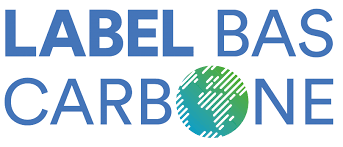
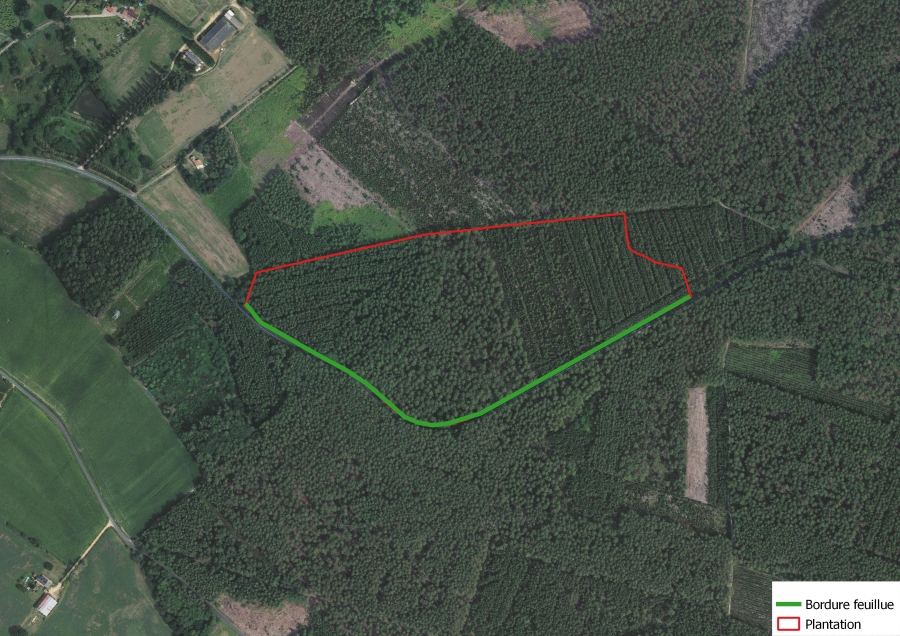
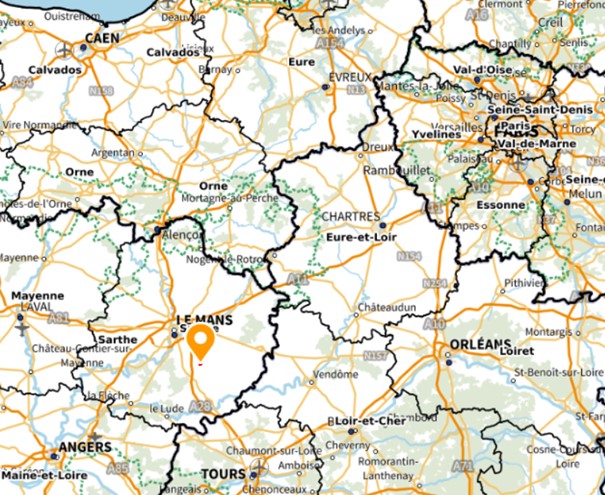
.jpg)
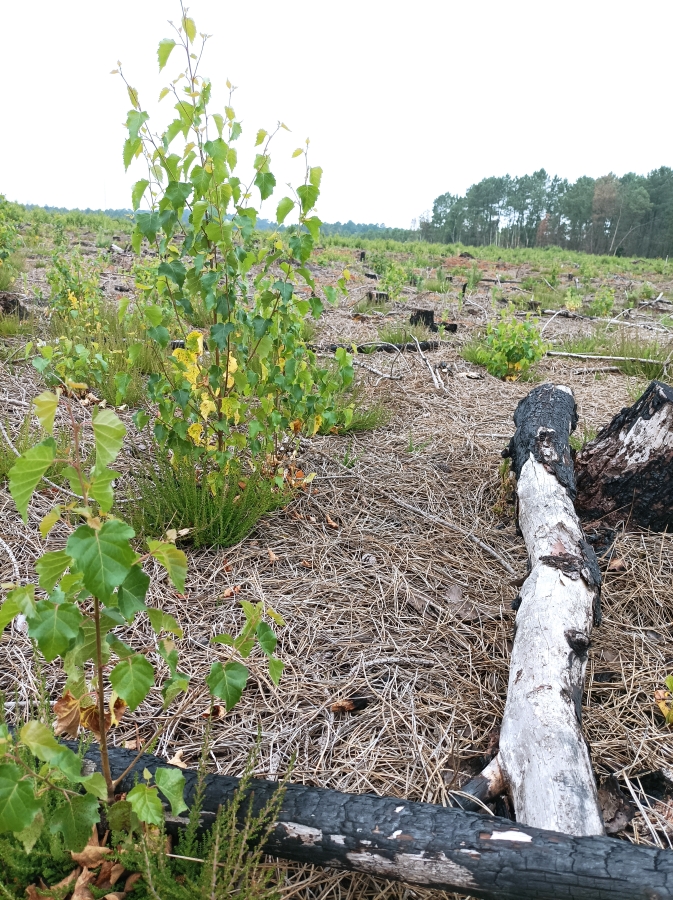
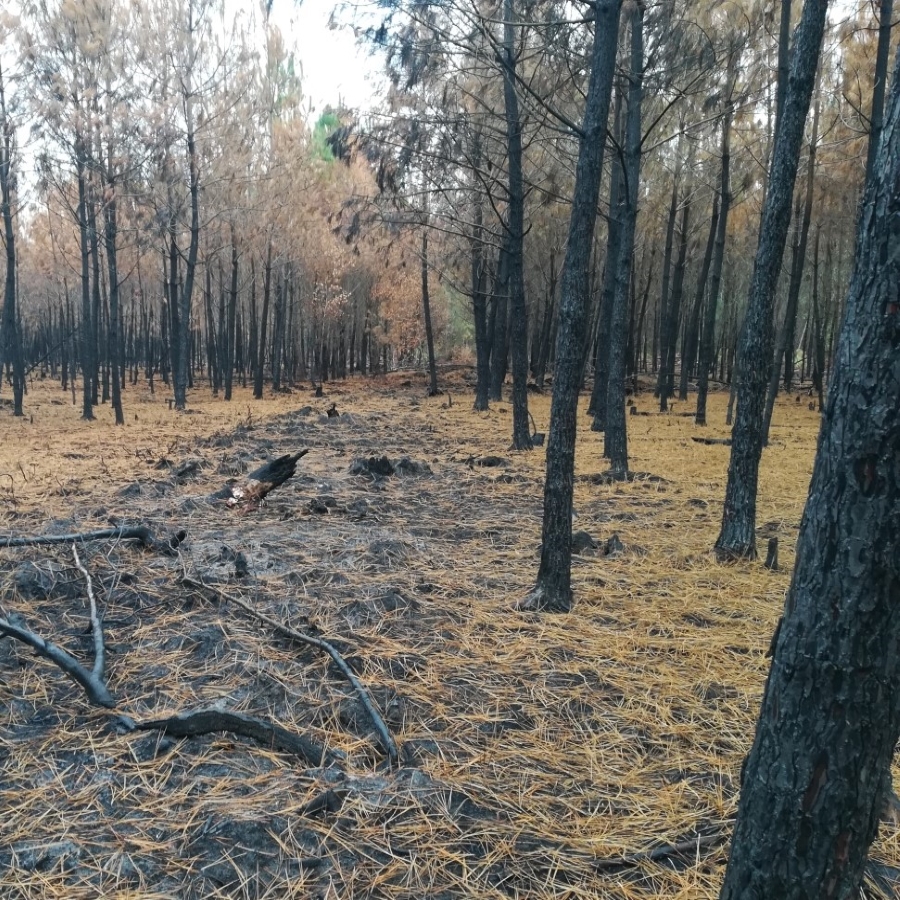
_900.png)
